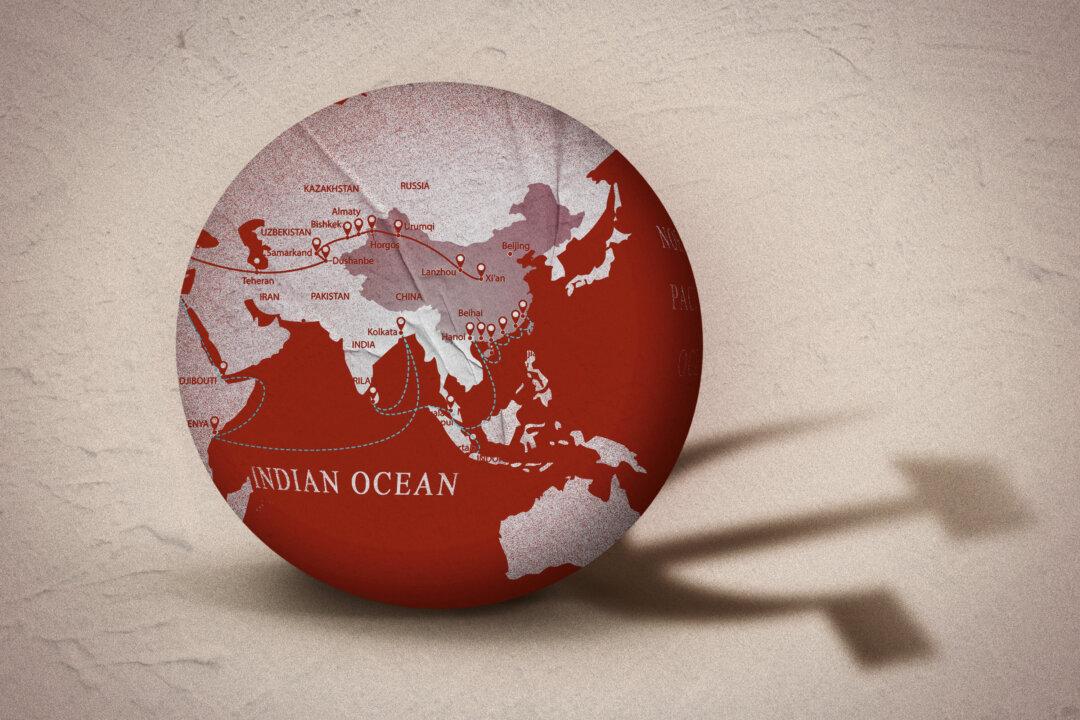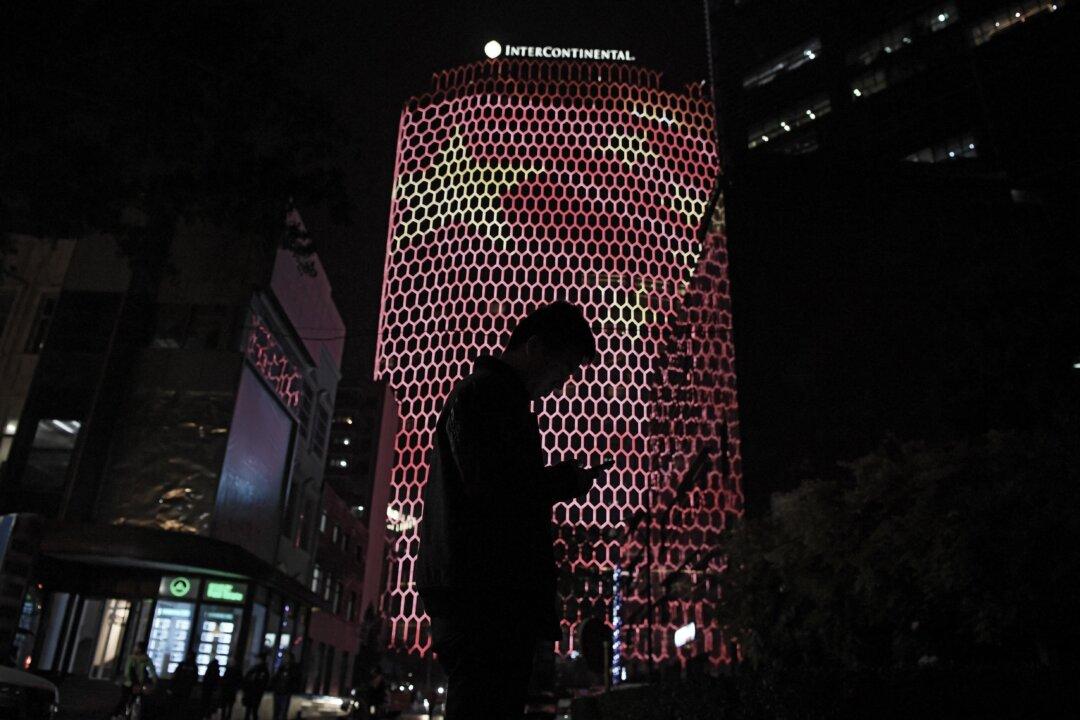Why are beautiful women always on CCP’s nerves? No, I am not talking about Chinese Communist Party carders’ lust and avariciousness over women and sex, or their now almost open, numerous extra-marital affairs or concubines and Er Nai (second wife or mistress). What I am saying is that many beautiful, popular and often young women, singers and actresses from Hong Kong or Taiwan are nowadays increasingly causing the Chinese leadership to not sleep soundly at night. The latest of which is Denise Ho, originally from Shunde, Canton, and now a Hong Kong singer and actress with Canadian citizenship.
As almost everyone knows by now, Denise Ho got into trouble because she met upon her 39th birthday Dalai Lama, the Tibetan spiritual leader and then she was cursed and attacked by Global Times, a CCP mouthpiece based in Beijing and owned by People’s Daily. What shocked and angered people from the free world is that Lancôme, a brand of French luxury perfumes and cosmetics house and part of the L'Oréal Luxury Products division, cancelled a concert of Ho for “security” reasons. Now sales of Lancôme in Chinese diaspora will see a decline, at least for a little while.






